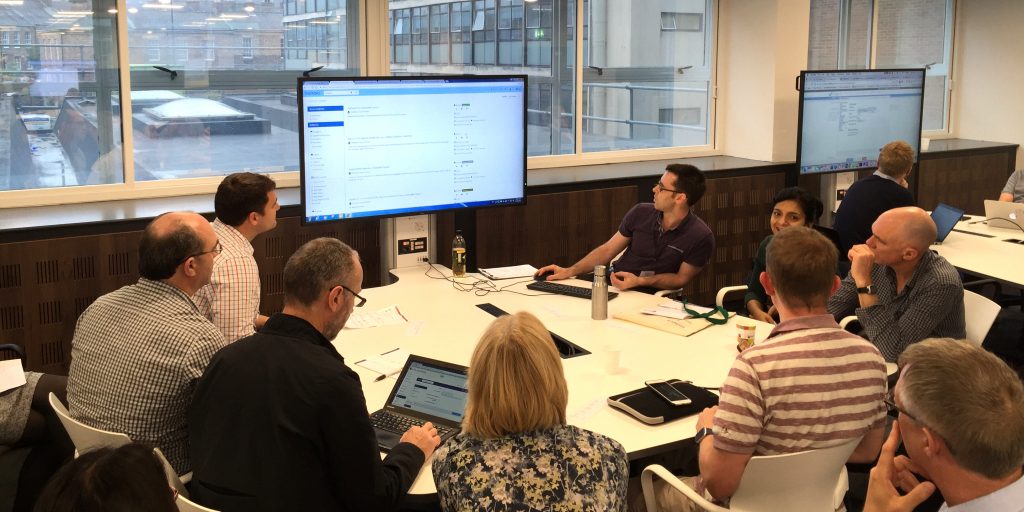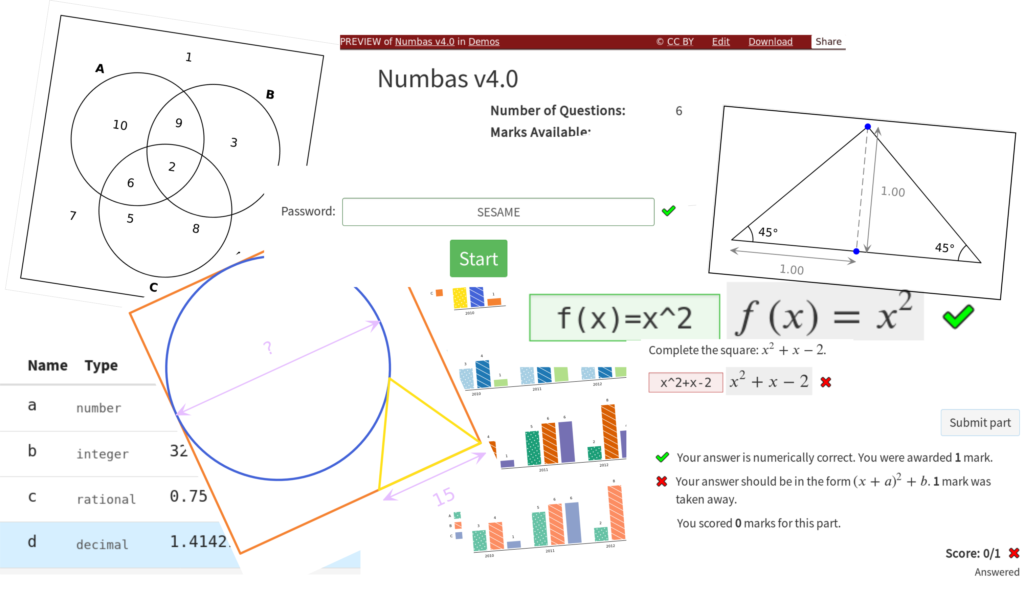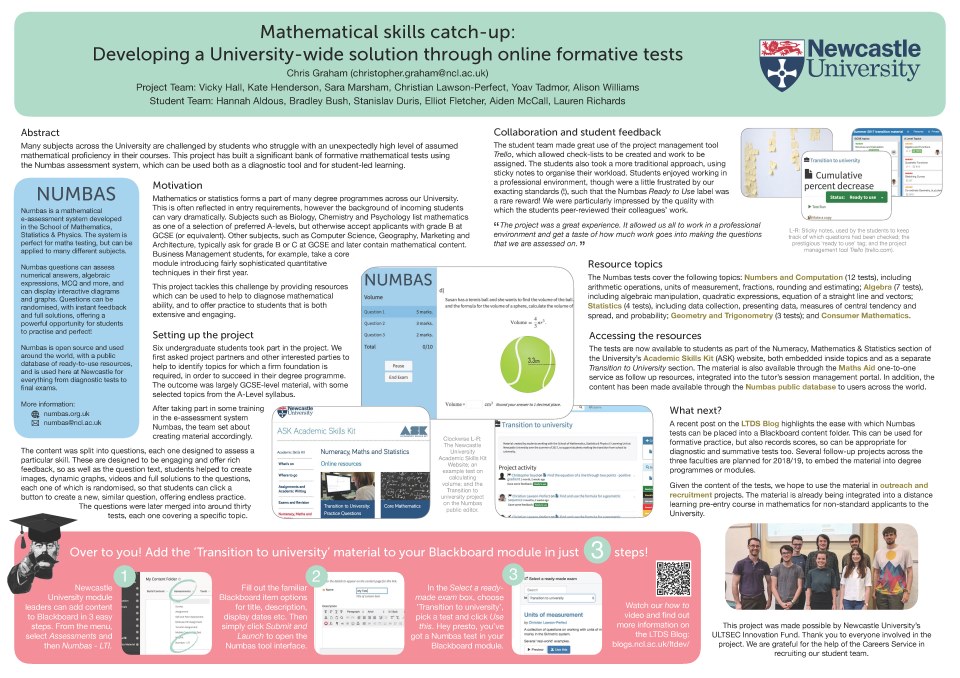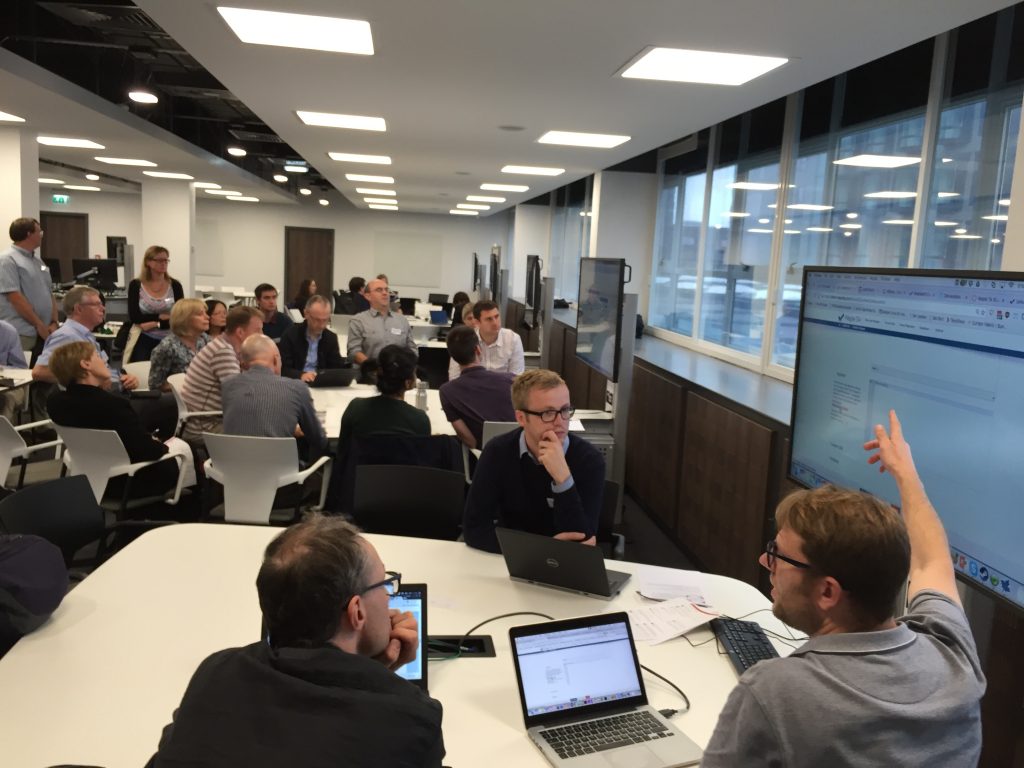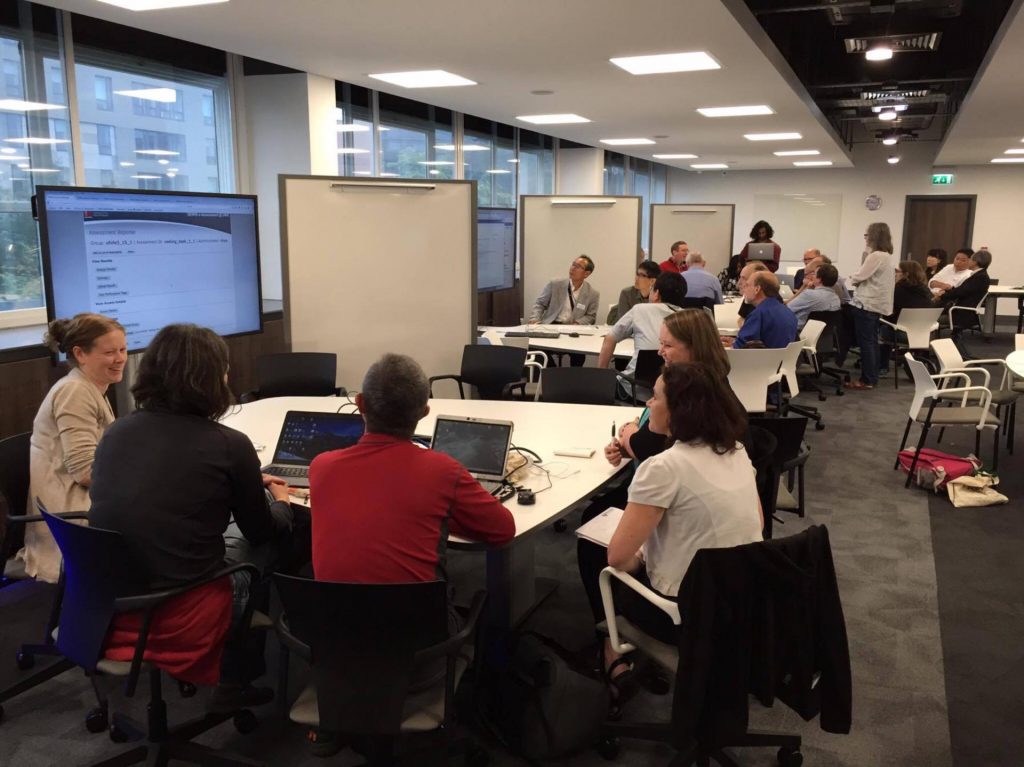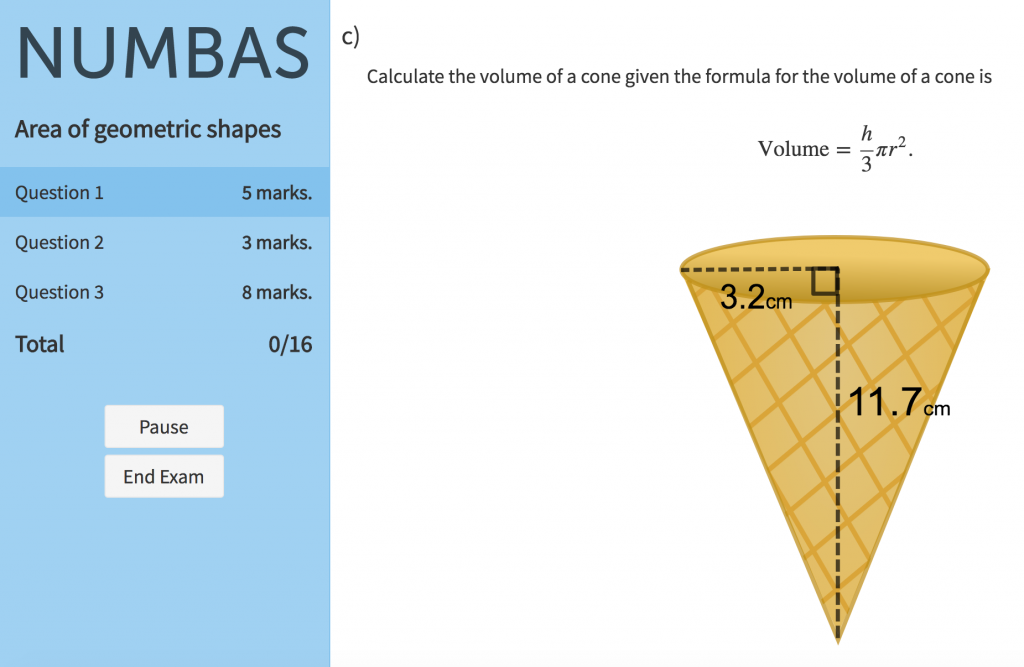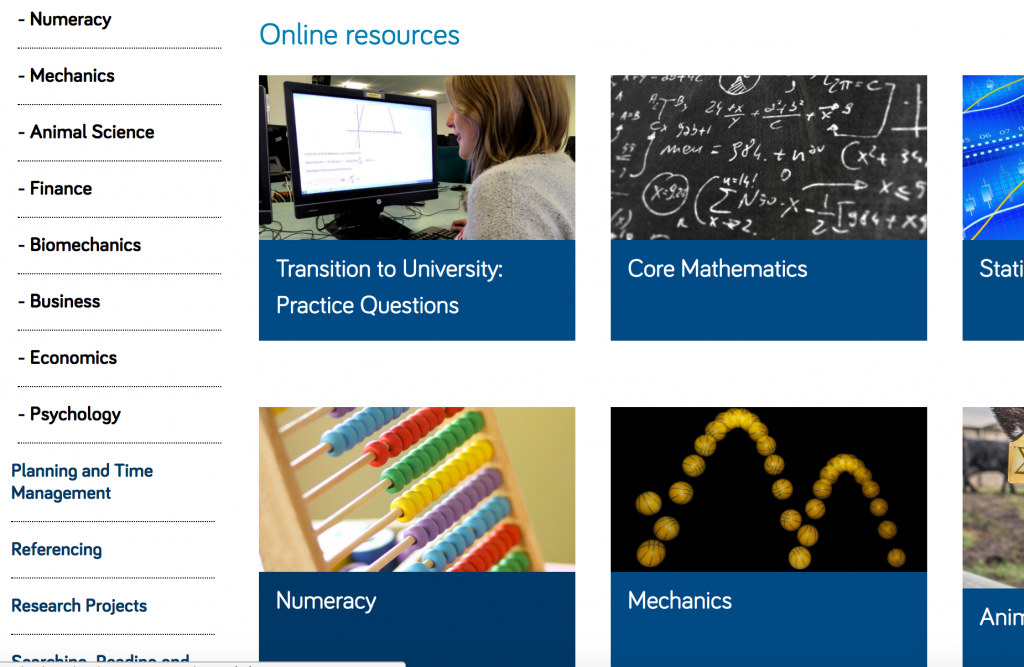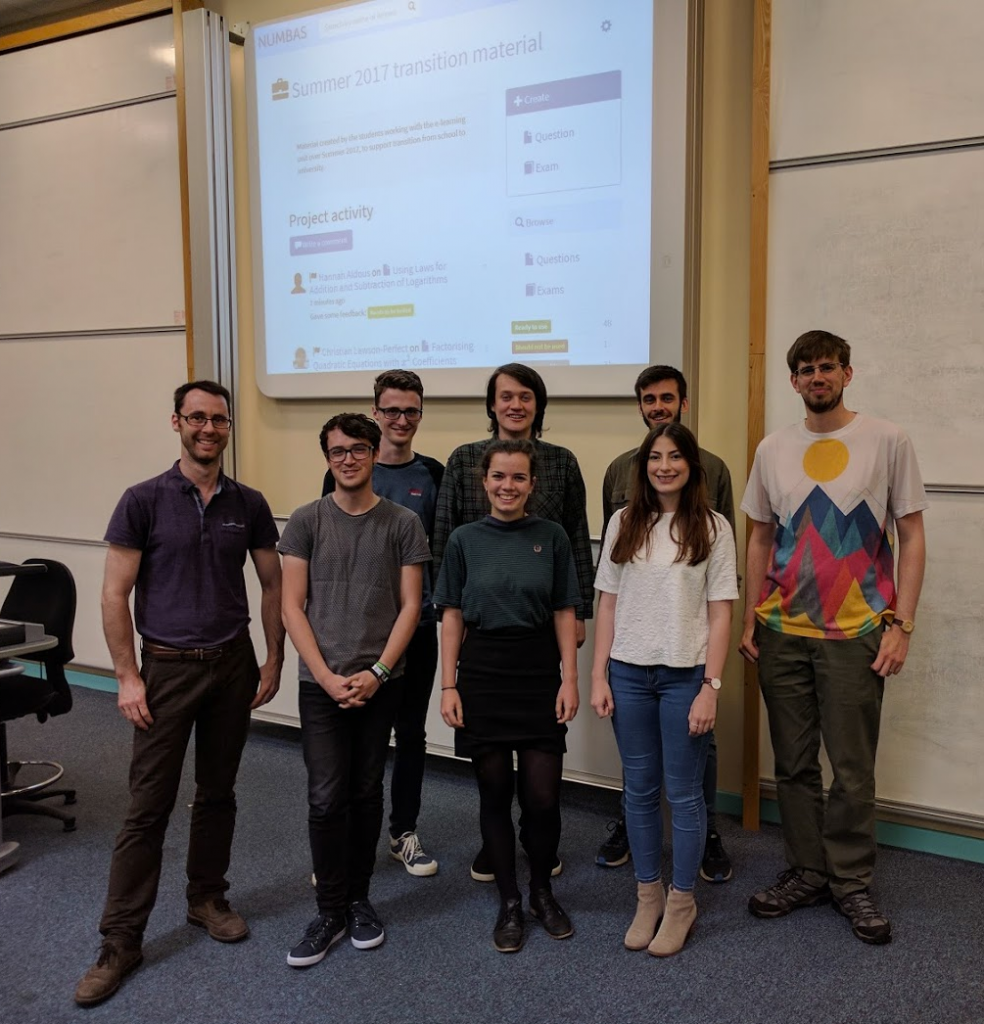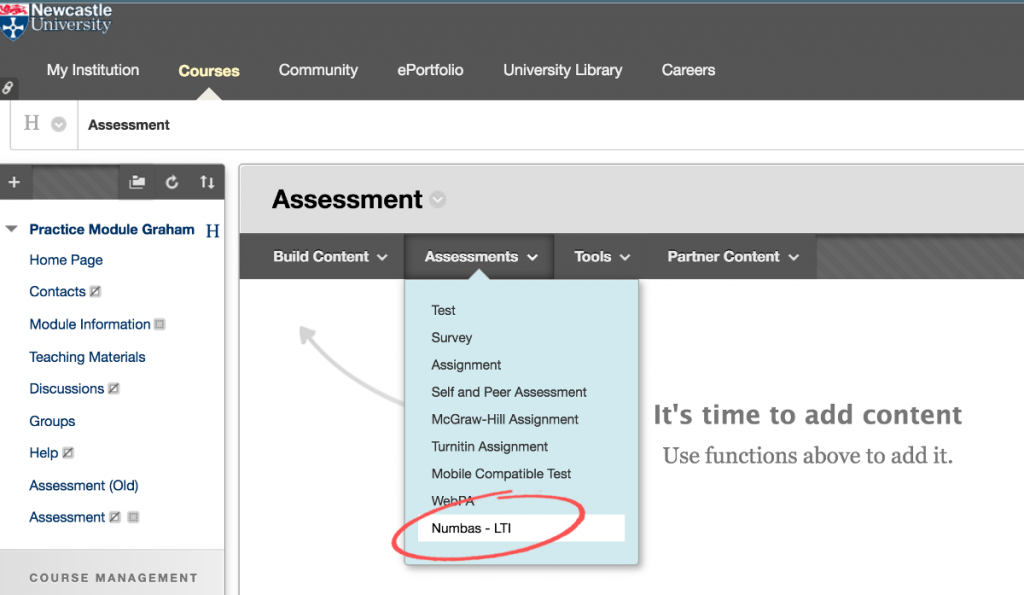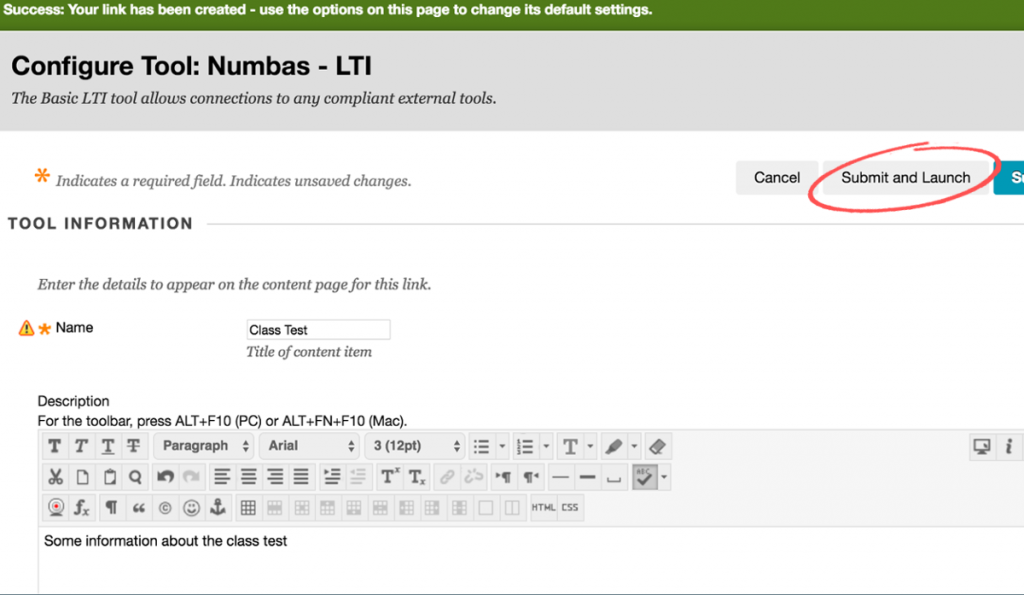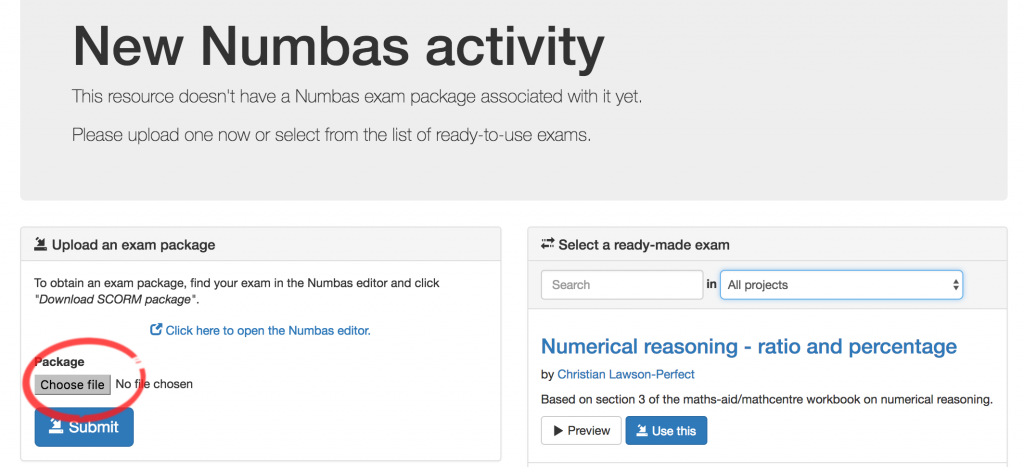We have just released another major version of Numbas, incorporating some exciting new developments which greatly expand Numbas’ capabilities. We’re also looking forward to running a workshop here at Newcastle University next month, ideal for those of you who would like to get started with maths e-assessment!
Introduction to Numbas workshop – 18th June
We are hosting an Introduction to Numbas workshop on 18th June, 10am-12pm, as part of the Learning and Teaching Development Programme. This hands-on session is ideal for academic or technical staff who would like to create mathematical e-assessments and deploy them through Blackboard.
The session will cover:
· getting started on the Numbas public database and editor
· selecting existing questions to make tests
· writing your own questions
· using the Numbas tool in Blackboard
You can book on to the workshop via elements.ncl.ac.uk. Or for more information, drop us an e-mail to numbas@ncl.ac.uk
New release of Numbas
Over the past few months, Christian has been working tirelessly towards the release of Numbas v4.0, with a number of brilliant new features.
Full details can be found in this blog post on the Numbas website. They include:
- a new pattern-matching system allowing, for example, to specify a pattern that a student’s mathematical expression must match in order to be marked correct.
- more number types, including support for very small and large quantities using scientific notation. Useful for chemists and the like!
- a new extension for geometrical figures, with particular attention to accessibility.
In addition, questions and exams on the Numbas Editor can now be shared with a permanent link. You can send a link to your students, to have a go at a question or test without any scores being recorded, like this. And items are embeddable, for example in a blog post, just like this one!
That one is from our Transition to University project, a collection of questions and tests written by students, alongside our e-learning unit, to support students making the transition from school to university.
I hope to see some of you at the Numbas workshop in June. Otherwise, if you are interested in finding out more about Numbas please don’t hesitate to drop me an e-mail to christopher.graham@ncl.ac.uk.

